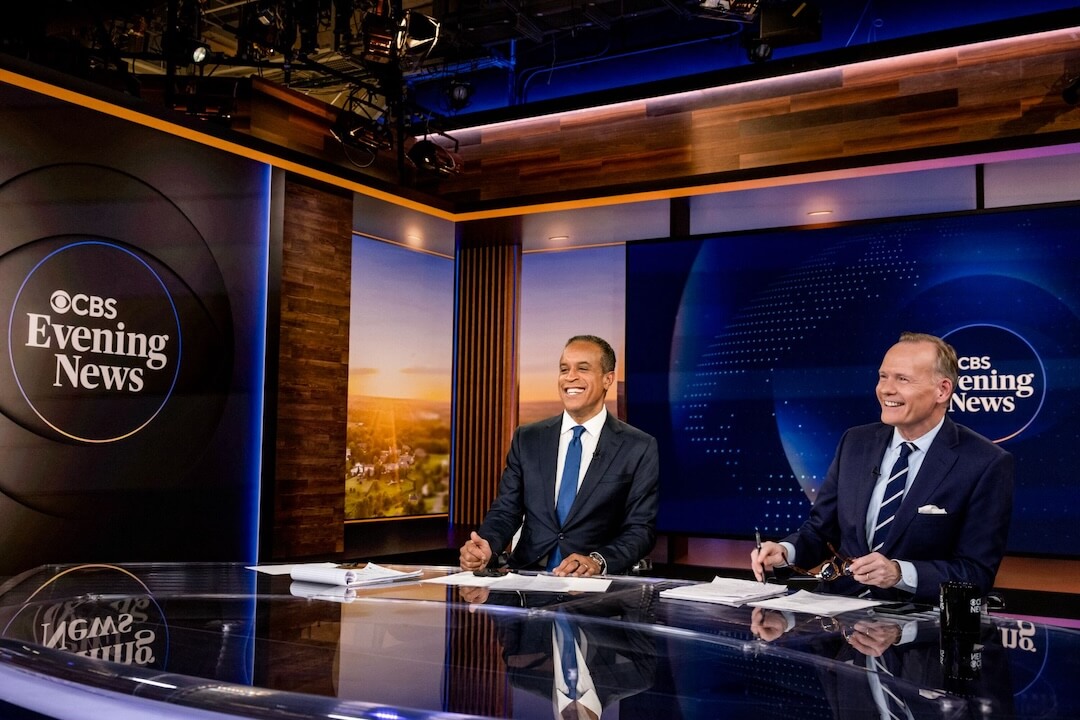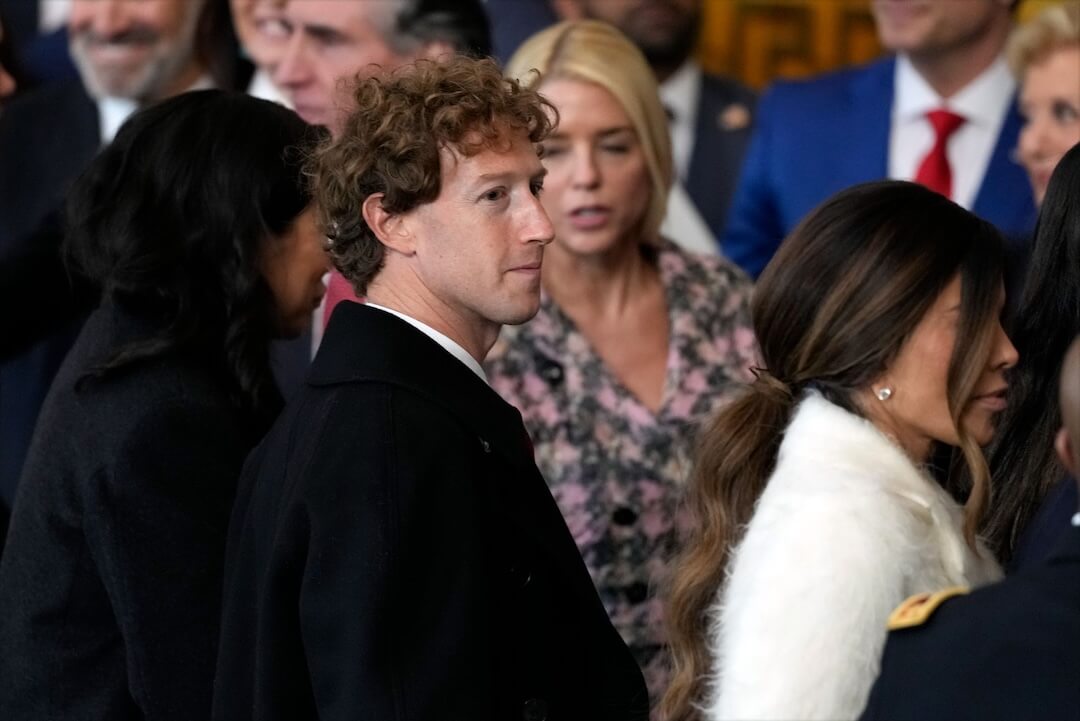Mike Jacobs of the Grand Forks (N.D.) Herald is one of those increasingly rare birds in newspapers today: editor and publisher.
His newsroom also is one of the few to be recognized this year by the American Society of Newspaper Editors for its work in diversity. The Herald received a Pacesetter diversity award for best diversity index, which is based on the percentage of minority staffers to the percentage of minorities in the community.
“We have shown one of America’s least diverse areas that the professions are open to talented people of every background,” Jacobs said.
The latest diversity figures released by ASNE show a little up-tick in the percentage of journalists of color in newsrooms to 13.52 from 13.43. The last census showed a 34 percent minority population nationwide. On the Herald’s staff, 9.3 percent are journalists of color; minorities make up 1.5 percent of the Grand Forks community population.
The Herald under Jacobs’ leadership was awarded the Pulitzer Prize for public service for its coverage of 1997 flooding. The paper was cited for its “sustained and informative coverage, vividly illustrated with photographs, that helped hold its community together in the wake of flooding, a blizzard, and fire that devastated much of the city, including the newspaper plant itself.”
Jacobs also was awarded the 1998 ASNE Distinguished Writing Award for editorial writing. He currently is a member of the ASNE board and chair of its Small Newspaper committee.
In a recent e-mail exchange, Jacobs replied to my questions on the subject of diversity.
Gregory Favre: Your paper has been cited by ASNE as a leader in what is called the diversity index. How did this come about?
Mike Jacobs: Mostly because we made a point of seeking, hiring, training and showcasing Native American journalists.
Also because we welcome other journalists of color, and we gained a reputation in the old Knight Ridder network as a good place to get started. Knight Ridder’s recruiting staff, especially Reggie Stuart (formerly chief recruiter), helped a lot. Reggie identified a number of outstanding prospects and we hired several, some as interns and some as full-time staff.
And, cynics would say, because our circulation area is largely homogeneous, a few hires pushed us up the diversity index.
But fundamentally, because we had something to prove: Diversity can happen anywhere. And should.
What does this mean for the content in your paper?
Jacobs: Our coverage of issues facing Native Americans is dramatically better than it has ever been, though we still have our critics. Dorreen Yellow Bird, who writes regularly about Native issues, is among the most prominent American Indian women in our part of the country, largely due to her thoughtful columns in the Herald.
About 60 years ago the Hutchins’ commission in its report wrote about the fear that “isolated” groups of Americans would not have a communication bridge to other isolated groups. Is that fear becoming a reality today?
Jacobs: The digital age may leave some people behind. I worry especially about older people, rural people, people whose communities are declining. Even as the cities of the plains enjoy unprecedented growth, rural areas face continued population decline and increasing isolation. It’s these communities that are of most concern to me. I also wonder whether some communities of faith are passed by, perhaps as part of a belief system that cherishes older ways of doing things, perhaps because modern society brushes aside the wisdom that’s contained there. Native communities are another concern. Many are fractured for various reasons, and these fissures threaten to leave some parts of these communities isolated.
The more you read blogs and comments about stories and columns on newspaper Web sites and commentary on TV sites, the more mean spirited and hateful language you find. How should we deal with the issues related to this trend?
Jacobs: Well, isn’t this a troubling issue! We’ve pursued two different strategies here. At first, we allowed any posting on our Web site. Such mean and spiteful mutterings appeared, however, that we began filtering comments. We didn’t want to enable and extend hateful speech. To me, civility is part of the editing process in the new age.
What have we learned from our failures?
Jacobs: We’ve had plenty of failures. Only recently have we become truly a “rainbow newsroom” in the sense that we have black journalists as well as Asian and Native journalists. We’ve had real difficulty holding on to Spanish-speaking journalists, and that’s a significant deficiency in our newsroom now.
The lesson has to be, “Keep at it.” Success follows effort.
We also learned that the world is even more diverse than we imagined. There is incredible diversity in the Latin population, even here, where some Mexican families have been resident for generations and others arrived only yesterday, where well educated Latin people at the university speak a kind of Spanish that long-time residents and newcomers from the Rio Grande Valley don’t recognize, where hiring someone of Puerto Rican heritage doesn’t give the Mexican community comfort.
We’ve also learned a lot about the diversity among the long-term population. There’s an awakening in pride of origin. Ethnic festivals have become expected as Norwegians, Germans, Icelanders, Poles, Irish, Scots — the whole rich mix of Europeans who settled our region — begin to assert their own uniqueness. And I think we’ve learned a modicum of respect for each other. This has been especially important to the Native American population, which here and elsewhere in the United States has been overlooked, neglected and even despised. Thank God that’s changing. Thank God we have been part of the change.





